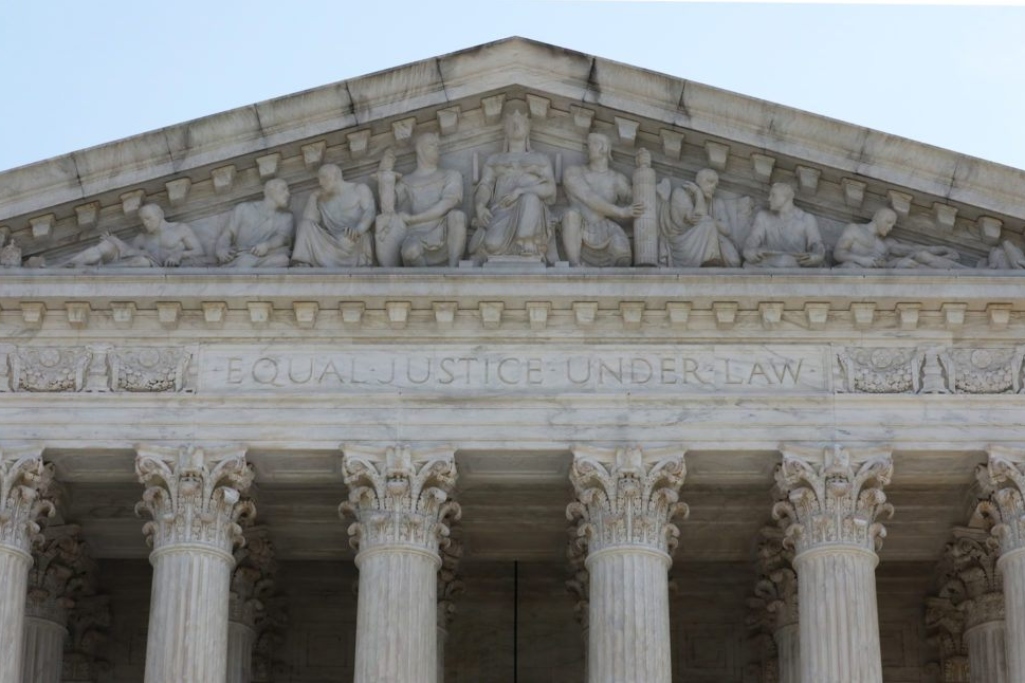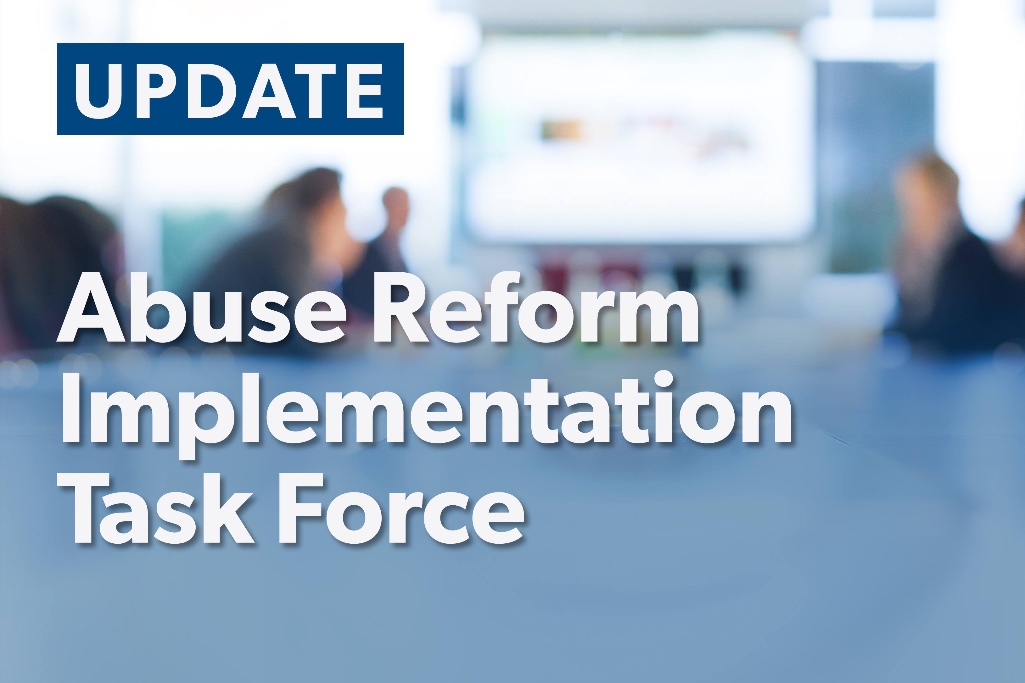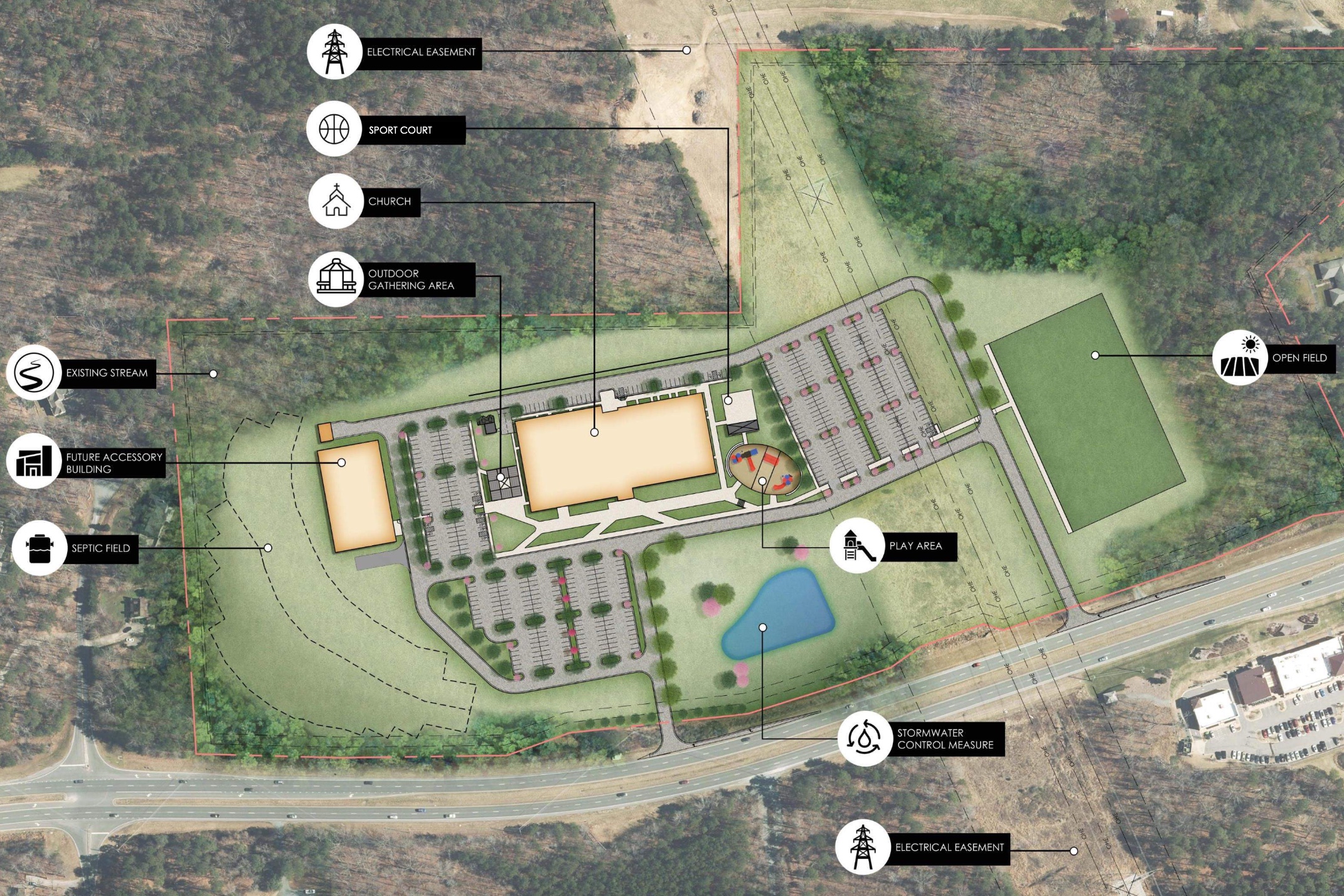
The U.S. Supreme Court.
WASHINGTON (BP) — The Supreme Court has ordered New York courts to reconsider some of their previous decisions in light of the High Court’s ruling in the Wisconsin Catholic Charities case earlier this month.
In that case — Catholic Charities Bureau, Inc. v. Wisconsin Labor & Industry Review Commission — the Supreme Court ruled unanimously that the State of Wisconsin could not deny religious exemptions for certain ministries just because those ministries serve all people, regardless of faith background.
Since the Catholic organization in that case serves anyone, not just other Catholics, the State of Wisconsin did not consider its activities to be religious in nature and therefore did not honor its exemption from the state’s unemployment program. New York has similar regulations when it comes to the state’s abortion coverage mandate.
“Since 2017, the state of New York has trampled the convictions of religious employers, forcing them to violate their consciences by making the religious exemption so narrow that they were forced to cover abortion procedures in their medical insurance plans,” said Miles Mullin, chief of staff for the Southern Baptist Convention’s (SBC) Ethics & Religious Liberty Commission (ERLC). “Today, for the second time, the Supreme Court has told the New York courts they have misinterpreted and misapplied the law, and that they must reconsider in light of Catholic Charities.
“The ERLC is grateful for the unanimous clarity the justices provided in the recent Catholic Charities decision, which made it clear that the government does not get to set the bar for whether a group is ‘religious enough’ to qualify for a benefit or exemption.”
Eric Baxter, vice president and senior counsel at Becket, one of the law firms representing the New York ministries, said the state is using “bully tactics” to “browbeat nuns into paying for abortions for the great crime of serving all those in need.”
New York courts have ruled that since the organizations serve everyone without discrimination, then religious exemptions do not apply. In one instance, the Catholic-owned Teresian Nursing Home in Albany, N.Y., was not given a religious exemption because it serves the elderly and dying regardless of religious affiliation.
New York’s abortion mandate requirements have been sent to the U.S. Supreme Court before. When New York courts declined to protect religious organizations in 2021, the organizations asked the Supreme Court to weigh in, which it did.
It instructed New York to reconsider its regulations in light of a similar unanimous SCOTUS decision from 2021 (Fulton v. City of Philadelphia), which affirmed religious protections for foster-care agencies.
New York courts deemed the Fulton case not applicable and refused to reconsider, ignoring the Supreme Court’s instruction. This forced the groups to appeal a second time.
“A free church in a free state is the Christian ideal, and thus the state should not have the authority to force people of faith to violate their consciences — especially when it comes to the lives of preborn children,” Mullin said.
“The ERLC filed a brief in this important case, and now we hope that all Southern Baptists will join us in praying that the third time is truly the charm in the New York state courts, when this offensive overreach is finally struck down.”
(EDITOR’S NOTE — Laura Erlanson is managing editor of Baptist Press.)


